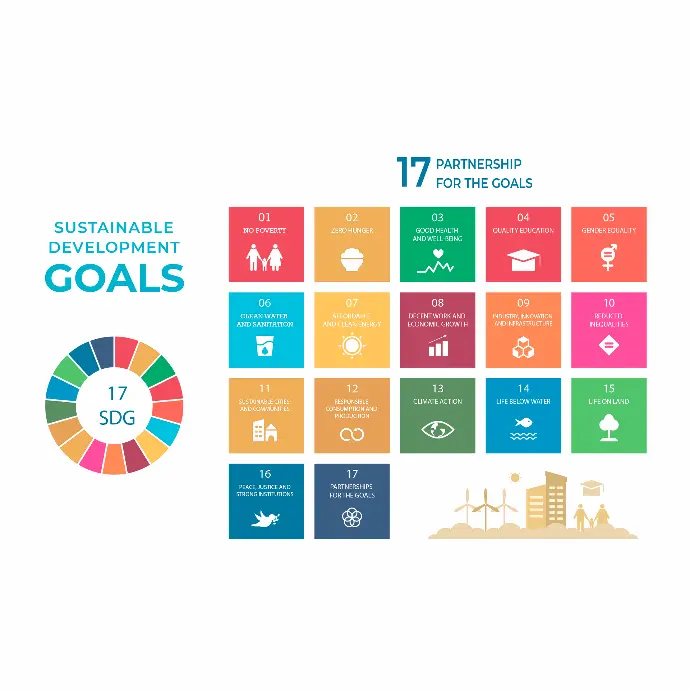We are committed to aligning our efforts with global sustainability goals through our Forest Garden Approach in Uganda. This approach not only enhances rural household incomes and protects the environment through diverse tree planting, including fruit, nuts, timber, and native species alongside seasonal crops, but also contributes directly to several United Nations Sustainable Development Goals (SDGs).

Environmental Impact
By planting trees and promoting sustainable agricultural practices like water conservation and composting, OTOF addresses Goal 13 (Climate Action) and Goal 15 (Life on Land). Trees in our Forest Gardens sequester carbon, restore groundwater, and mitigate the effects of climate change, while also conserving local ecosystems and biodiversity.

Food Security and Nutrition
Our initiatives support Goal 2 (Zero Hunger) and Goal 3 (Good Health and Well-being) by improving food security and nutrition through diverse crop production. Families benefit from a steady income, improved access to nutritious foods, and enhanced agricultural practices that ensure sustainable food production.

Social Benefits
OTOF's programs empower local communities, including youth and women, contributing to Goal 10 (Reduced Inequalities) and Goal 17 (Partnerships for the Goals). By fostering community engagement and providing education in environmental stewardship and entrepreneurship, we promote social cohesion and economic resilience.

Economic Empowerment
Through the Forest Garden Approach, OTOF supports Goal 1 (No Poverty) and Goal 8 (Decent Work and Economic Growth) by lifting families out of poverty, generating local economic opportunities, and promoting sustainable livelihoods.
By pursuing these goals, OTOF aims to create lasting positive impacts, fostering sustainable development and resilience in communities across Uganda and beyond.
